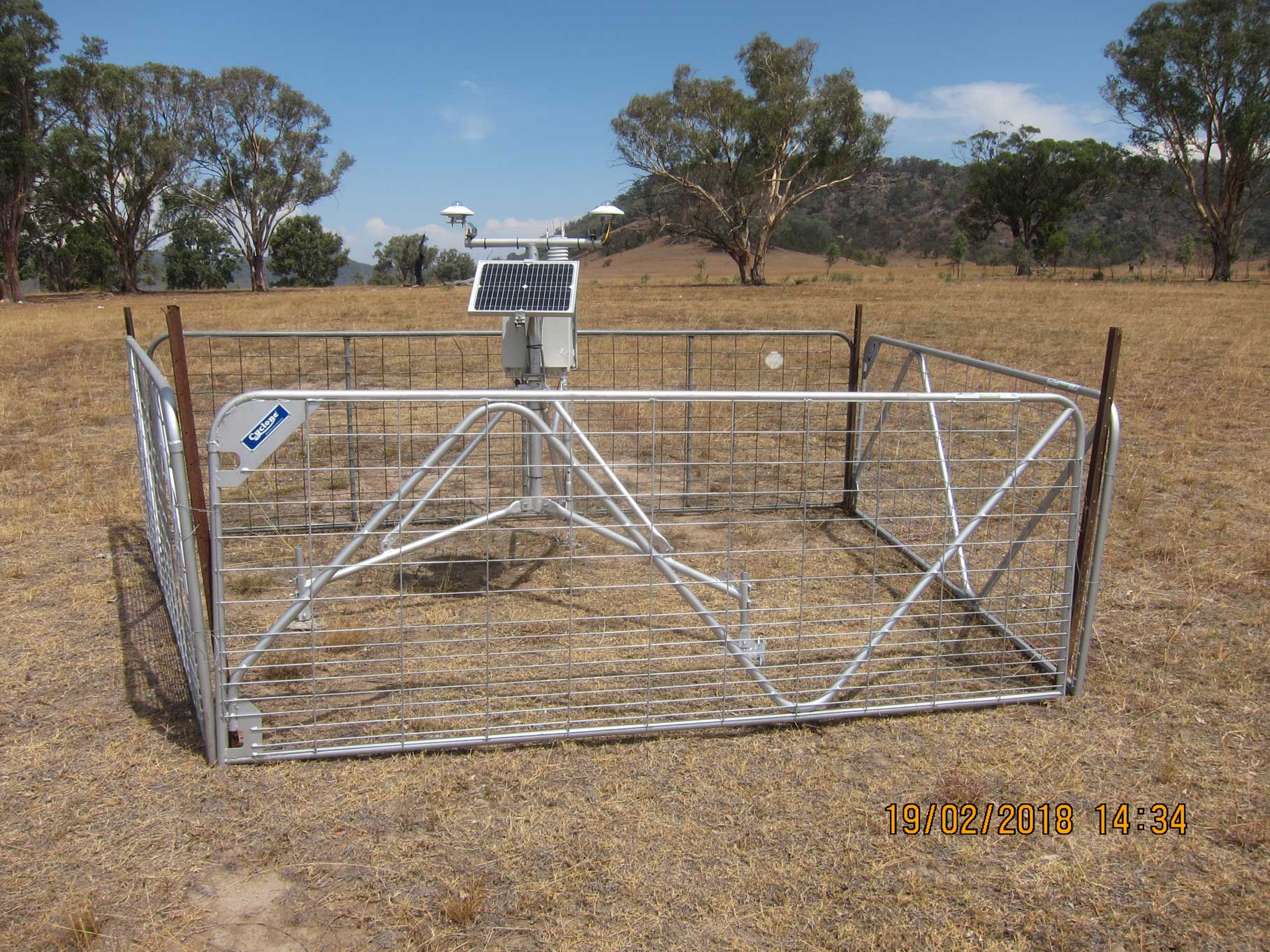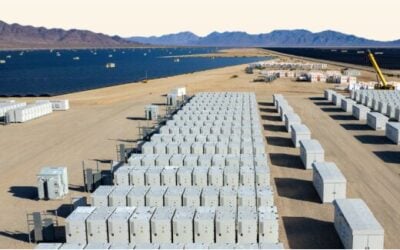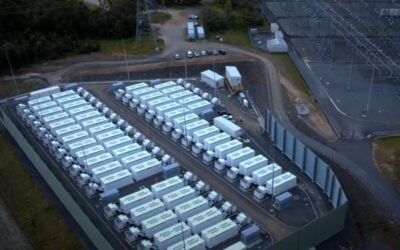
Developers of two significant solar-plus-storage projects in the Australian state of New South Wales have been given the go-ahead, with only minor conditions added to their proposals.
The NSW government’s Independent Planning Commission approved on 9 March 2020 an AU$768 million (US$503 million) solar-plus-storage project on the Northern Tablelands, despite the proposed development initially receiving 67 public objections.
Developer UPC Renewables Australia will now be able to kickstart the 720MW New England Solar Farm, which will be combined with 200MW/400MWh of lithium-ion battery storage and set on 3,362 hectares of agricultural land, 6 kilometres east of Uralla.
The NSW government also moved recently to approve the 290MW Wollar Solar Farm. The project, featuring a proposed 30MW/30MWh battery storage add-on, has been deemed in the public interest.
Try Premium for just $1
- Full premium access for the first month at only $1
- Converts to an annual rate after 30 days unless cancelled
- Cancel anytime during the trial period
Premium Benefits
- Expert industry analysis and interviews
- Digital access to PV Tech Power journal
- Exclusive event discounts
Or get the full Premium subscription right away
Or continue reading this article for free
The AU$431 million (US$282 million) project is being developed by Wollar Solar Development Pty Ltd, a renewable energy firm set up in 2017. The system is located seven kilometres south of Wollar Village and is set to create up to 320 construction jobs. The battery storage facility will also offer dispatchable power to the National Energy Market (NEM), with both projects contributing to NSW’s shift away from fossil fuels.
The NSW Department of Planning, Industry and Environment deemed that Wollar’s impacts on the community and the environment can be appropriately minimised, managed or offset to an acceptable level, subject to certain conditions.
It said the land could be easily returned to agriculture land following decommissioning and it also considered the visual impact of the project on the surrounding residences and road users to be minimal.
To read the full version of this story, visit PV Tech.





